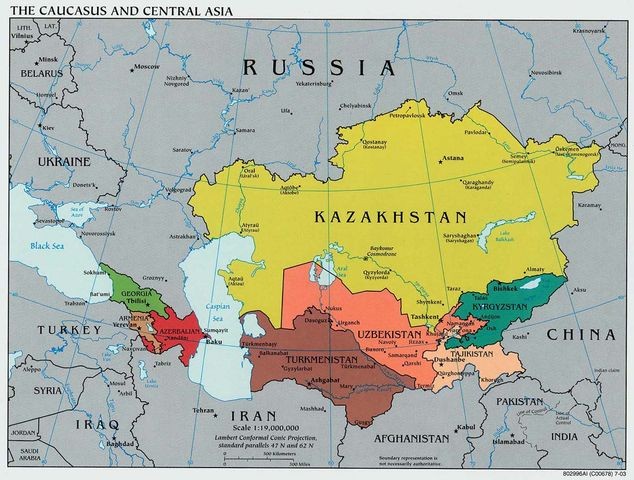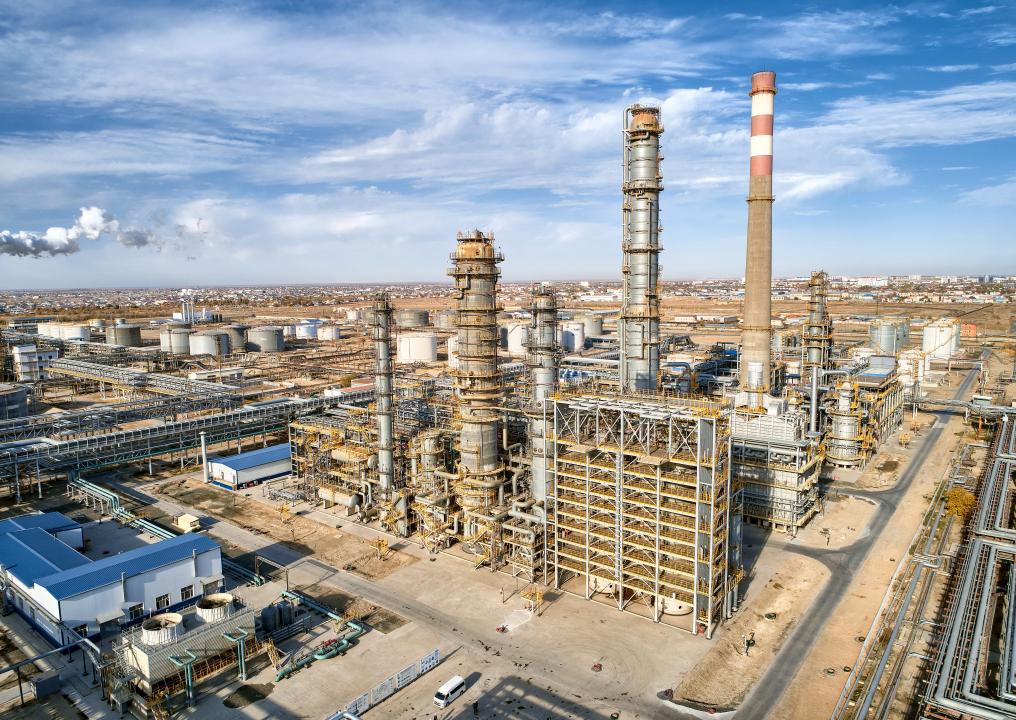BISHKEK (TCA) — The economies of Europe and Central Asia (ECA) continue to face difficult headwinds in an increasingly complex and uncertain global economic environment, with short-term prospects differing substantially across countries, according to a new World Bank report.
Following a contraction of 1.1 percent in 2015, GDP in Eastern Europe and Central Asia is expected to show practically no growth in 2016, implying a downward adjustment of more than one percentage point since late last year, the World Bank said on April 7. Especially large are the downward adjustments for the South Caucasus (3.3 percentage points), Central Asia (1.6 percentage points) and Russia (1.3 percentage points).
“Many countries in Europe and Central Asia continue to experience hard times due to a combination of political, fiscal and monetary challenges that are impeding growth and testing the resilience of already-fragile economies,” said Cyril Muller, World Bank Vice-President for Europe and Central Asia, on the occasion of the launch of the ECA region’s Economic Outlook. “Policy-makers in the region urgently need to make tough choices in order to restore growth and create jobs, for which coordination and cooperation are essential going forward.”
On the eastern side of the region, oil-exporting countries and countries that depend on remittances from those oil-exporting countries are in recession, or close to recession. A historically slow pace of growth in global trade, low and volatile oil prices, and ongoing geopolitical tensions continue to adversely impact these economies, the report says.
The report focuses attention on the impact of China’s GDP slowdown and economic transformation, which opens up both challenges and long-term opportunities for economies in the east and west of the ECA region.
The report argues that lower potential growth in China creates certain opportunities in the western part of the ECA region, as producers in these countries will face less competition at home and in third markets. At the same time, lower growth will probably hurt economies in the eastern part of ECA as demand for their natural resources will decrease.
Recent real depreciations in ECA represent a strong force for changing trade relations with China. Countries in the region can become more competitive and increased domestic production of tradables will substitute imports and increase market shares abroad. Opportunities to gain market share are bigger than many might expect, the report concludes.









